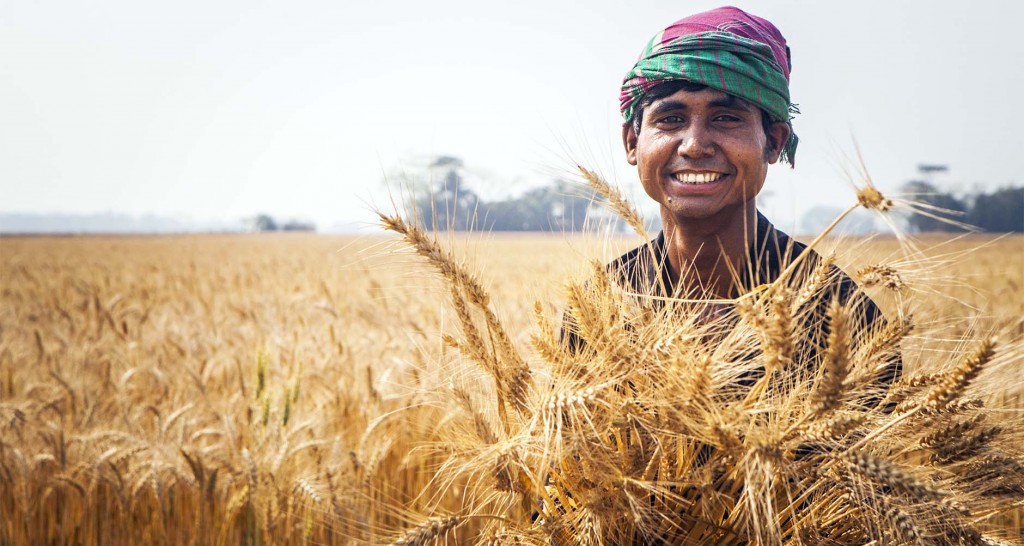Long-term Production Systems Research Enables Development Opportunities

All too often the rewarding outcomes of agricultural research for enhancement of production systems are not realized: projects are terminated before components of the ‘production engine’ are in place and functioning. Consequently, productivity remains stagnant, as do rural livelihoods. An interesting exception is the USAID– and BMGF-funded CSISA initiative.
CSISA, implemented primarily by CIMMYT and IRRI with inputs from other CGIAR centers, has its roots in the former Rice/Wheat Consortium, a CGIAR eco-regional and system-wide research program that began in 1994 and continued for 20 years. In early 2015, I had the opportunity to lead an external evaluation of the CSISA initiative, which should now be seen as 30 years of continuous research-cum-development in three countries in the Indo-Gangetic plains. Here you can find the results of our review of the initiative’s work in agronomy, plant breeding, mechanization, irrigation efficiency, community empowerment, integrated crop, livestock and fish systems and more
A number of tangible outcomes are unfolding. For example, in the states of Bihar and Uttar Pradesh, India, the planting date for wheat has been advanced to before November 15. This early planting enables wheat to escape very high pre-monsoon temperatures during grain-filling, significantly increasing wheat productivity. For this early planting, the monsoon rice must be harvested quickly and wheat immediately direct-seeded into the rice stubble. There is neither time nor need for re-plowing the soils. The research program, working with national partners, enabled the introduction of mechanized rice harvest and direct seeding of wheat using single-axle tractor-based technologies, including no-till seeders manufactured in China, Bangladesh and more recently in India.
Small farmers turned service providers not only more rapidly harvest rice with mechanization and then plant wheat on their own farms but also, using their equipment and knowledge, contract work for many other smallholder family farmers. These often young entrepreneurs are enabled and supported by private sector agro-dealers and frequently obtain subsidies from state and federal governments for first-time purchase of new equipment. The CSISA staff work closely with public and private sector personnel to create a shared vision among stakeholders. CSISA staff also train trainers to shape the enabling policies. Tangible adoption of such sustainable intensification is now found in the focal states in eastern India, Bangladesh, and the Terai zones of Nepal.
Much can be learned and borrowed from this long-term production systems research and applied in analogous agro-ecologies…
This article is an excerpt of a blog post on Agrilinks authored by Eric Kueneman, the Evaluation Team Lead for the Phase II Evaluation of CSISA. To read the full post, click here.